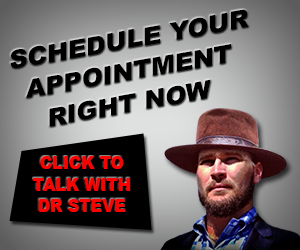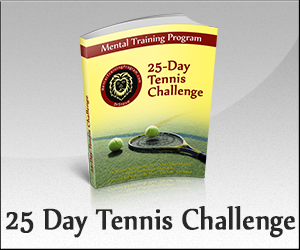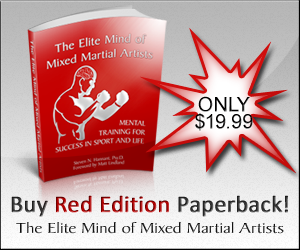“The Law” of Mental Preparation?
Part II
By: Dr. Steve @SportsShrink with Elite Coach @MattLindland
The fight is won or lost far away from witnesses – behind the lines, in the gym and out there on the road, long before I dance under those lights. – Muhammad Ali
Mental Preparation Review
- Learn how to consistently create the ideal performance state
- Focus on your thoughts, feelings, and bodily responses
- Organize your mental preparation
- Recently discussed: Confidence, Goal setting & Though Process
The following excerpts were derived from a research study completed with elite athletes and their mental preparation. The excerpts from Elite Coach Matt Lindland have been selected to exemplify his wisdom in the area of mental preparation.
Elite Coach Matt Lindland’s meaning of mental preparation is as follows:
Mental preparation means readiness. It means I’m prepared with my game plan and now I’m ready to execute it. I have every detail examined and the entire game plan analyzed for each perceivable possible outcome, every change of events good and bad.
You’ve got so many elements that go into a fight and so many ingredients. You’ve got to prepare mentally in addition to physical prep for each one of those things, specifically, and you’ve got to know the outcome before it happens.
Preparation starts in your mind
Imagery or Visualization
The importance of time management is explained below by Matt Lindland:
Any free time, (any) free moment with nothing else pressing that I’ve got to get to my visualizations. I’ll take that time and run through what I need to get done.
Important bouts are the most important thing at that moment, then that’s what I’m going to focus on.
There is not time to waste when training. If you get some free time, specifically set that time aside, ‘Okay, I’m going to be on this plane’ or ‘I’ve got to wait in this doctor’s office’, that kind of stuff.
He also emphasized the importance of imagery ability.
Controlling what you see, that’s the key. That’s what we’re talking about. That’s the whole thing, the paramount. If you can’t control it then you’re not focused. I can do visualization with my eyes open. Sometimes they can be more vivid than others, I understand what I want to see. I’ve heard that incorporating all the senses is good, but for me, I just need to see it.
Video can also be used for this same reason and he also applies learned knowledge to his imagery.
I look at films, and then I decide what I want to do to, where my strengths lie and where my opponent’s strengths lie, where his weaknesses lie, and where I want to put the emphasis on my training. Video can be used to help learn and to start the visualization process.
Concentration or Focus
Coach Lindland described concentration as it related to focusing on details.
I just focus on my strategy and my game plan. I think I focus in every situation on very detailed goals. People lose focus when they lose focus on the details.
People look at the big picture and the get overwhelmed. The big picture is overwhelming to anybody and they don’t realize that if anybody looked at that big picture they would be like, ‘I got to go in and fight.’ That’s a huge picture to try to imagine and accomplish, and they don’t know how to detail and they don’t know how to be specific, and they don’t know how to narrow that focus down into specific detailed goals.
The detail is what’s important. It’s not the broad picture. It’s the detail that’s important and that’s the focus.
You have to know exactly what you want and know how to get it.
Arousal Regulation
Continue to Part IIIThe term I use for arousal regulation is Activate. The arousal level has to be activated to a certain level. If you’re over stimulated, you’re losing focus. If you’re not stimulated enough then you’re lethargic.
There’s this happy medium that’s Activate.
If you’re fighting in a ring, the second you come to the ropes or you’re in a cage, it’s when they shut that door. You don’t want to activate too early because you burn all your energy. You don’t want to activate after you get hit in the face, taken down, and mounted because now it might be too late.
There’s a point where you get a rush and you do not want it to happen ahead of time or obviously too late. You’ve got to be specific about when it is that you want to activate it.
Each situation and each competition has that specific time when you need to be activated. It can’t be too late and it can’t be too early. You know when you need to be in that fight mode that just comes from experience of ongoing preparation.
You’ve got to know what it is for yourself,
This is key Mental Preparation







 sending...
sending...